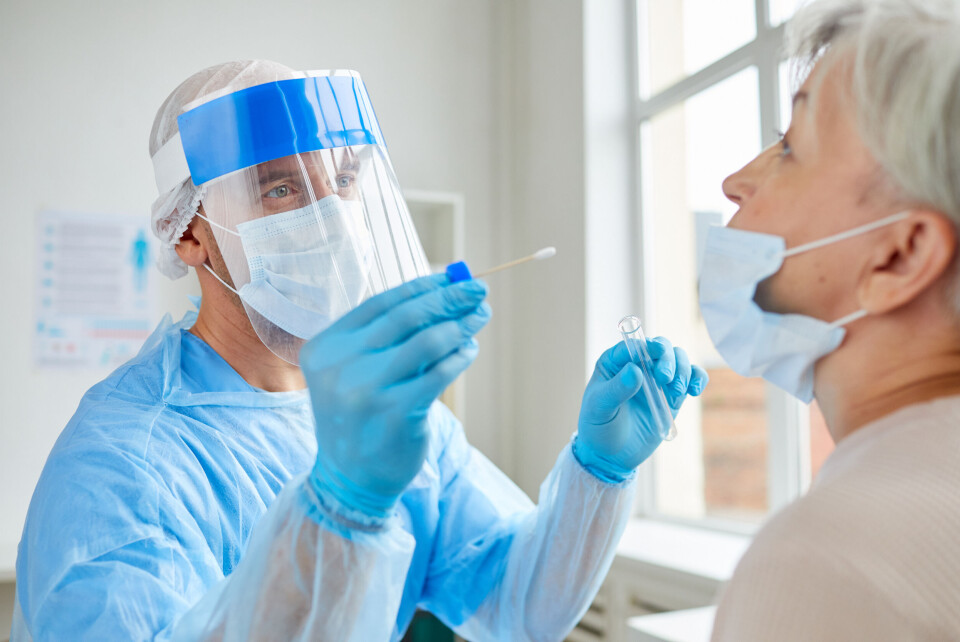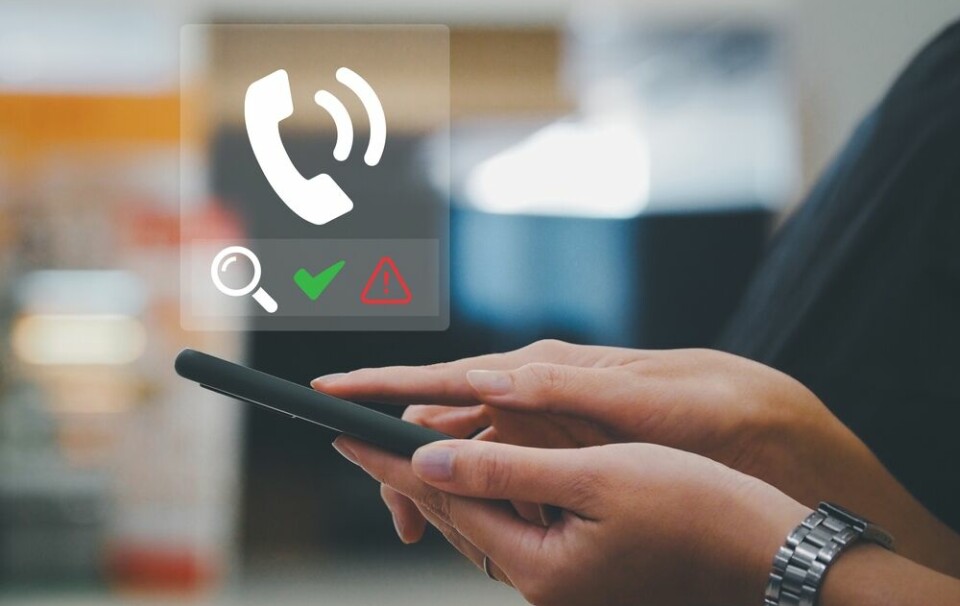-
Ryanair’s presence confirmed at Tours-Val de Loire airport
Bookings for summer flights to Marseille and Morocco are already open
-
Peak in flu cases in France expected in January
Pressure on hospitals is expected to intensify after the holiday period
-
France sees coldest Christmas Day in 15 years as ‘grand froid’ plan triggered
Sharp drop in temperature sees cold weather plan activated in more than a dozen departments
Will end of free tests for unvaccinated in France distort Covid data?
France’s health ministry expects the number of weekly tests taken around the country to drop by around 1 million due to the measure, but says it should not affect data gathering. Other experts disagree

A number of health experts in France have said that they are concerned that fewer people will take Covid tests since they stopped being free for non-fully vaccinated adults on October 15, skewing statistics on how many active cases are in the country.
Mahmoud Zureik, a professor of epidemiology and public health, is concerned about the impact on Covid data.
“The evolution of the epidemic will no longer be properly monitored because the incidence rate will be affected,” he told AFP.
The incidence rate refers to the average number of positive cases of Covid out of 100,000 people over a period of one week. The current national incidence rate in France is 48.
Pascal Crépey, a researcher and lecturer in biostatistics and epidemiology at the École des hautes études en santé publique, said the change may lead to the virus spreading more.
“We will not see that [some people] are positive and therefore we will not be able to avoid a certain number of transmission chains that could have been avoided if access to tests was easier,” he told Franceinfo.
France’s health minister, Olivier Véran, however, has said he does not expect the end of free testing for some to greatly affect data and that any impact will be “modest” and “temporary”.
The number of tests taken in France between October 10 to 14, before the end of free testing for non-vaccinated people, was around 3.2 million. France’s health ministry still expects some two million tests to be carried out each week despite the new costs.
“This will still make France one of the countries that tests the most in the world,” Mr Véran told Franceinfo.
On October 15, Covid tests stopped being free for adults not fully vaccinated against Covid. They remain free - via reimbursement - for fully vaccinated people, under 18s, those with a medical prescription, those who have been signalled as being a contact case and those who cannot be vaccinated for medical reasons.
The number of tests taken on October 14 was 806,782. The following day, when they were no longer free for non-vaccinated people, only 371,174 were taken. This is compared to 675,075 on the same day one week before, a fall of 45%, Franceinfo reported.
Some 7.5 million people in France who are eligible to be vaccinated against Covid have not yet been vaccinated.
Tests will range in price from around €22 to €45, depending on the type of test and the place they are carried out.
For more information on who has to pay for a test in France and how much, read our article here:
Covid tests in France: Who has to pay from today and how much?
Proof of a negative Covid test is one document that can be used as part of France’s health pass (pass sanitaire) measures. This pass is required to enter the majority of public places in France, including restaurants, cafés, cinemas and museums.
The impact of ending free tests
A recent survey by France’s national health agency Santé Publique France found that 36% of non-vaccinated respondents said they were willing to pay for Covid tests to get a health pass.
The survey also found that of the non-vaccinated respondents, 8% said they would now get vaccinated due to the introduction of the health pass measures and the end of free tests. This figure increased to 18% among the 18 to 24 year olds.
The survey involved 2,000 respondents aged 18 and over answering questions online, and was carried out between September 28 and October 5 this year.
Greater impact on lower earners
France’s defender of rights, Claire Hédon, has said she is worried about the impact of ending free tests for the non-fully vaccinated on people with lower incomes.
She said it was an “obligatory vaccination measure in disguise”.
“This measure, which will affect in particular the most vulnerable people, presents a discriminatory risk by making it more difficult to test people who are alienated from the health system as well as the precarious and/or isolated populations,” she wrote in a public communiqué.
She wrote that the average vaccination rate among the 10% of 40 to 54 years old living in the wealthiest areas was 84.6%, but was only 76.2% for the 10% living in the least privileged areas.
She added that stopping the reimbursement of tests “provided an additional obstacle” for people looking to access basic goods and services, such as”getting medical procedures, visiting elderly care homes and going to other establishments open to the public.
Related stories:
How to avoid Covid testing and vaccination scams in France
France-UK travel: Pre-departure Covid tests end for vaccinated people
























